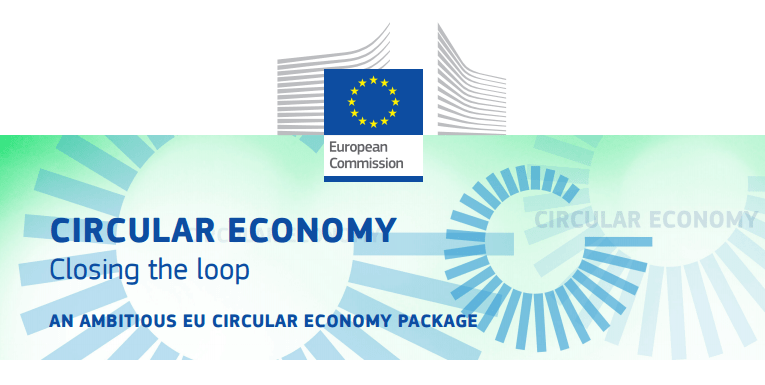EU Strategy to boost the sustainability of consumer products across the EU released

The strategy reflects the EU efforts to advance the Circular Economy Action Plan (CEAP) released in March 2020 and promote more sustainable, longer-lasting, and easier to repair and recycle consumer goods. “We want sustainable products to become the norm on the European market,” said Frans Timmermans, the EU Commissioner responsible for the environment, announcing the proposal at a press conference.
Under the new plan, goods sold in the EU would be developed on a sustainability scale that demonstrates the products’ environmental impact, durability, and ease of repair. The plan will mirror the well-known efficiency rating system used for electrical appliances, which uses A to G label to help consumers choose less energy-intensive products.
Specific measures mentioned in the plan include a mandatory EU extended producer responsibility (EPR) scheme, ecodesign requirements for textile products, action to tackle microfiber pollution and greenwashing, and a new ‘digital product passport’.
The package consists of:
- TheSustainable Products Initiative, which aims to boost the circularity of products on the EU market, including a reform of Ecodesign laws.
- A Strategy for Sustainable and Circular Textiles, which sets out the plans for new policies to bring more sustainability to one of the world’s most polluting, wasteful and exploitative sectors.
- A proposal for the revision of the Construction Products Regulation (CPR).
- New rules to reinforce consumer power.
The EC has created a page with questions and answers on its newly released Strategy for Sustainable and Circular Textiles. You can access it here.
The response
EEB: Among other interested parties, the European Environmental Bureau (EEB) welcomed the proposal as a potential game-changer, however, it also stressed the need for swift action to reduce emissions and resource use while respecting environmental boundaries and human rights. Emily Macintosh, a Policy Officer for Textiles at the EEB, said, “You can’t green fast fashion. Today the European Commission has named overproduction as the problem by calling out the number of collections brands put out every year. Now we need to ensure that the actions set out in this strategy are translated into real industrial accountability for all companies regardless of size, and that there are no get-out clauses when it comes to the destruction of goods and ensuring fairness for workers.” In response to this new strategy, the EEB has also stressed the importance of strong civil society participation in the development of the specific initiatives announced in the strategy.
Digital for Planet: Although the current focus of Digital for Planet working groups lies mostly on digital sustainability areas (cloud-edge-IoT computing; climate-neutral & sustainable Smart Cities; sustainable next-generation internet; and zero-pollution communication networks), we are very interested in the wider subject of the EU circular economy and regularly monitor the ongoing initiatives in that context. We look forward to seeing this strategy advance and bring Europe closer to its sustainability goals. For those of you interested in supporting the new EU strategy on an individual level, we recommend a White Paper titled “Re-think your digital habits”, which serves as a practical guide to making our lives more sustainable. Among other aspects, the White Paper talks about the polluting impact of personal electronic devices and introduces concrete and easy to implement actions to reduce our negative impact on the environment. The paper is freely available here.
